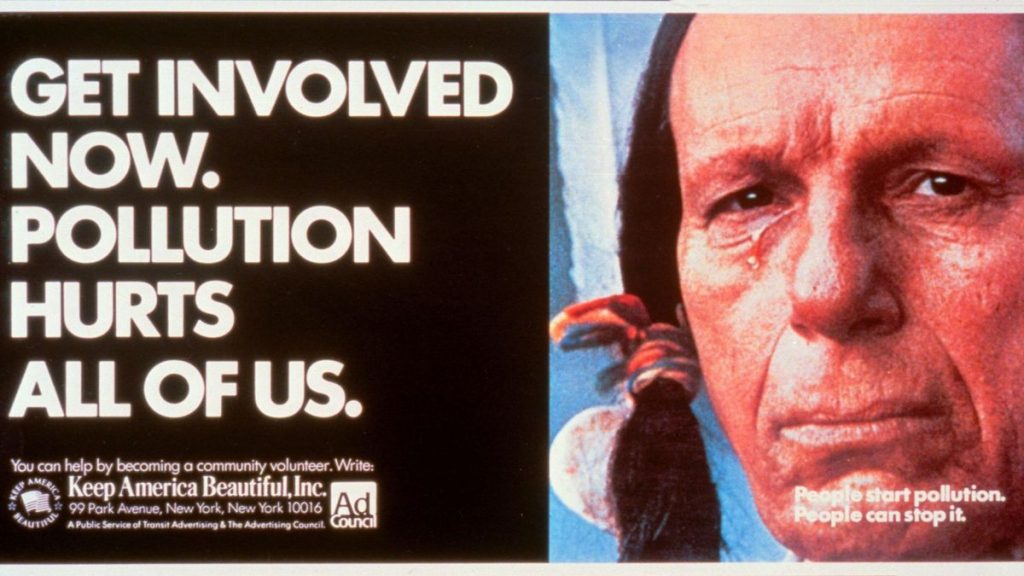“Modern recycling was designed to deflect responsibility from the largest producers of waste.”
.
In 2018, a freedom of information request was submitted to the county council asking about the effectiveness of its plastic recycling programme:
However, most of the responses were “Devon County Council does not hold this information”:
Plastic waste handling – Freedom of information
The latest information available online doesn’t say very much at all – even less than four years ago – and appears somewhat contradictory:
Plastic is sorted into different grades and then sent to the correct re-processor where it is turned into new plastic items…
What happens to your recycling? – Recycle Devon
Whilst more different types of plastic are being recycled, there are some types that still go to landfill, are incinerated or are transported abroad for recycling.
How is plastic recycled? | Recycle Now
A new FOI request has gone in:
But as a BBC radio programme suggests, recycling is not only ineffective – it might actually be counterproductive:
Does recycling help fight climate change?
Reduce, reuse, recycle is a familiar mantra the world over. Recycling has been described as ‘one of the easier climate-friendly acts” that individuals can do. A recent poll found that, globally, most of us believe that recycling is the single best thing we can do to tackle the climate crisis. But there isn’t much mention of “reduce” and “reuse”.
This week, presenters Kate Lamble and Neal Razzell explore how successful the world’s recycling system really is, visiting Port Klang in Malaysia where huge swaths of the globe’s recycling gets sent only to end up…
The Climate Question – Does recycling help fight climate change? – BBC Sounds
In fact, recycling has been described as a con:
Lies, Damned Lies, and Recycling
Modern recycling was designed to deflect responsibility from the largest producers of waste
Modern recycling as we know it—the byzantine system of color-coded bins and asterisk-ridden instruction sheets about what is or isn’t “recyclable”—was conceived in a boardroom. The anti-litter campaigns of the 1950s, championed under the slogan of “Keep America Beautiful,” were funded by the producers of that litter, who sought to position recycling as a viable alternative to the sustainable packaging laws that had percolated in nearly two dozen states. In primetime commercials over the decades, American audiences met characters like Susan Spotless and “The Crying Indian” (played by Italian-American actor Espera Oscar de Corti) who urged consumers to lead the charge against debris: “People start pollution. People can stop it.”

Lies, Damned Lies, and Recycling | Matthew King
“Recycling Is Garbage” – Vision Group for Sidmouth
Is the business of recycling just a fraud? – Vision Group for Sidmouth